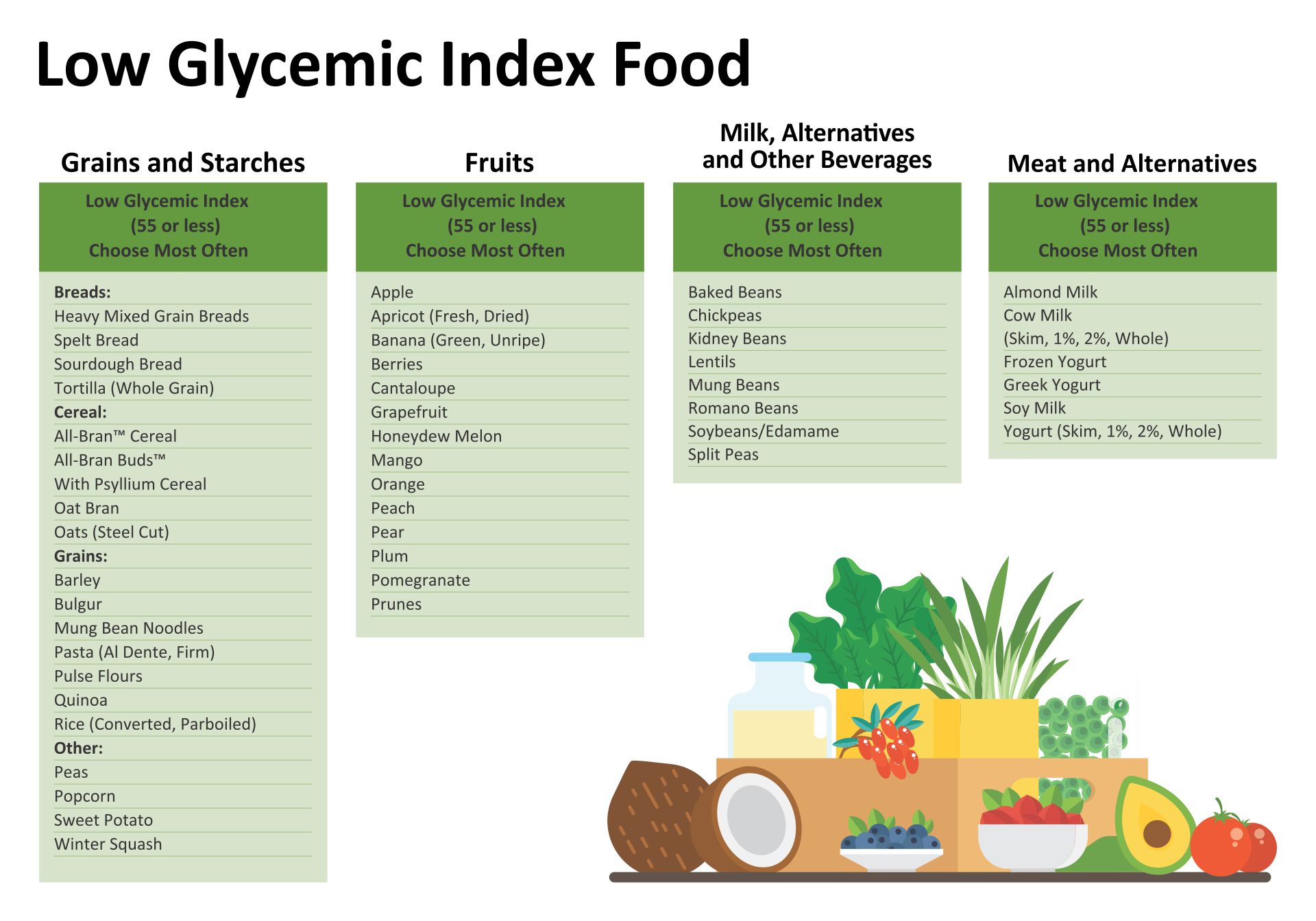- Hi Guys...
Let's get started with what must I eat?
Bodyweight x 2 = Minimum Daily Protein Intake. Example: you weigh 70kg...then you need 140g of protein per day.
This is the base figure we work from with all our swimmers. Bodyweight x 2.
2. How often should I eat?
This really depends on how high my Daily protein figure is. Let's take our example again.
140g protein can be spread out over 4 - 6 meals over 24hours. Use the protein counter below measured in 100g per food type to get an idea of how much you can eat per meal.
3. How much carbs must I eat?
We work on a base Ratio of 70% protein and 30% Carbs. Why? Because only protein will repair muscle fibre. So we prioritise the daily protein figure first. First get the protein in. Then you can eat as much carbs as what you can per meal.
You will discover the limits per meal yourself when you prioritise the protein first.
4. Try to space the meals evenly throughout a 24hour cycle. Don't discount the early morning hours. You don't want to go beyond 4 hours without a meal. Eat just before you go sleep again, if your dinner was really early.
Every one wakes up at night at some point to pee. Good time to eat something again and drink some water.
5. Start by calculating each meal as best you can in protein value to quantify your overall daily protein intake. Get as close to your daily Protein value as possible, (which is the minimum value of: bodyweight x 2) remember!
6. Lastly...have a look at the Low GI index charts.
These are the best carb choices because it takes longer to break down into glucose...therefore keeping our insulin levels far more stable throughout the day.
In order for us to measure Training & race parameters like Stamina & Strength, Endurance & fitness, Race plan & mental focus...we need our blood sugar as stable as possible.


All the Protein values are per 100g.
If you struggle to work out standard portions, make use of a kitchen scale to see how much a 100g really is and decide from there.
It is a good idea to standardise a few daily meals. You can then calculate 2 values at the same time...
- How much food can I eat comfortably & realistically?
- How much protein can I consistently calculate if certain meals stay the same every day?
From here it is allot easier to see where do I fall short with my daily protein value, and where can I make up the difference?


Exercise is a science...and it all starts & ends with what we put in...